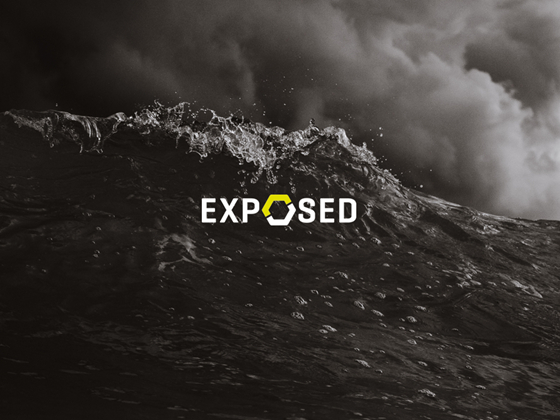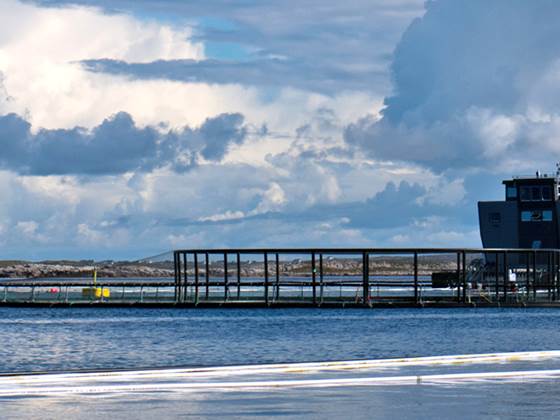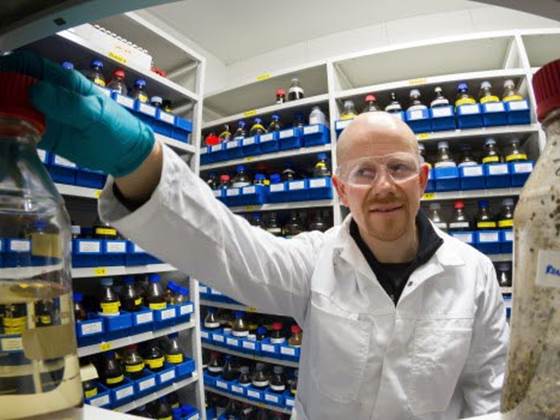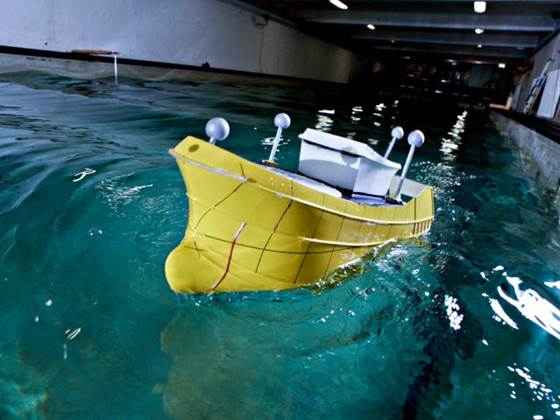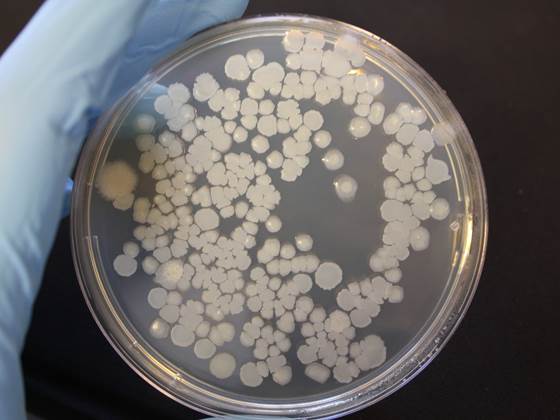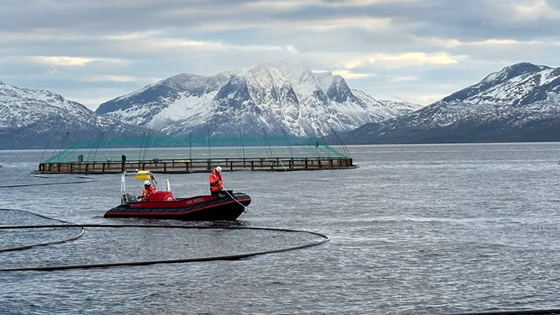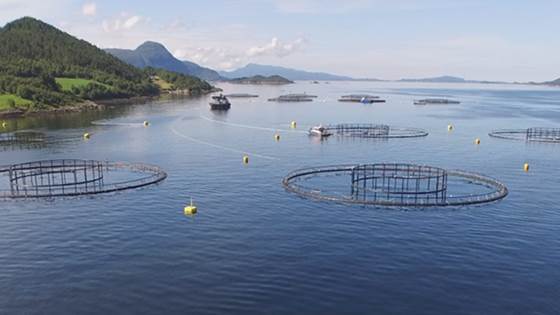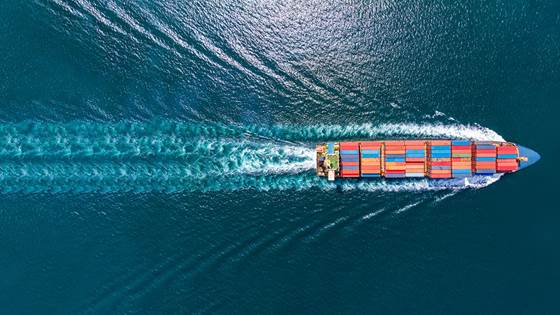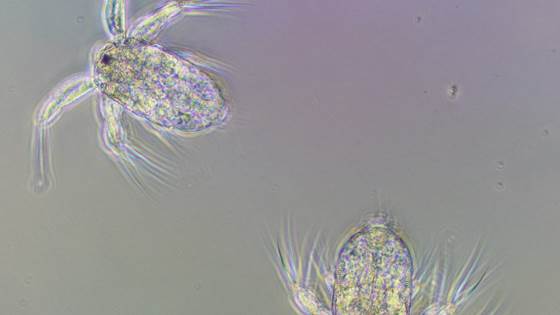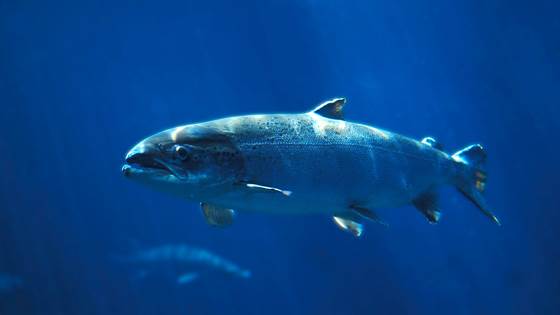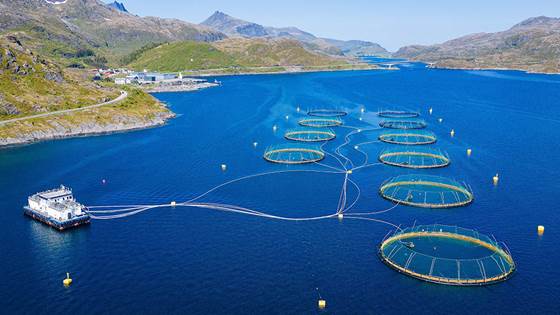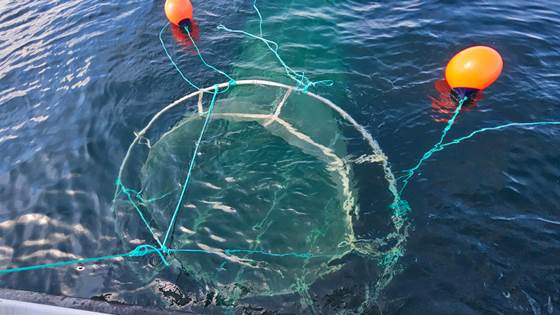Since the 1970s, the aquaculture industry (salmon and trout farming in particular) has grown to become a significant part of Norwegian food production. However, production volume growth has stagnated as a result of area and environmental challenges. The authorities have initiated various incentive schemes for technology development as a solution to these challenges. SINTEF works with knowledge needs and innovation for the entire value chain, including today’s conventional net-pens, closed production on land and at sea, as well as new types of facilities suitable for aquaculture at sea.
SINTEF works closely with the aquaculture industry, management and other knowledge communities to understand the industry’s prerequisites and needs, and to set the agenda for sustainable development. Sustainable production of food from the sea requires knowledge about the interaction between biology and technology for optimised production with good fish welfare. There is also a need for a holistic understanding of the climate and environmental footprint created by aquaculture production. Production at sea also entails special challenges and risks related to daily operations, the working environment, and health and safety. SINTEF possesses world-leading expertise in these areas and actively participates in the development of innovative and future-oriented aquaculture technology.
We offer our customers all of SINTEF’s world-leading, interdisciplinary expertise and infrastructure to safeguard people, fish, the environment and society.


